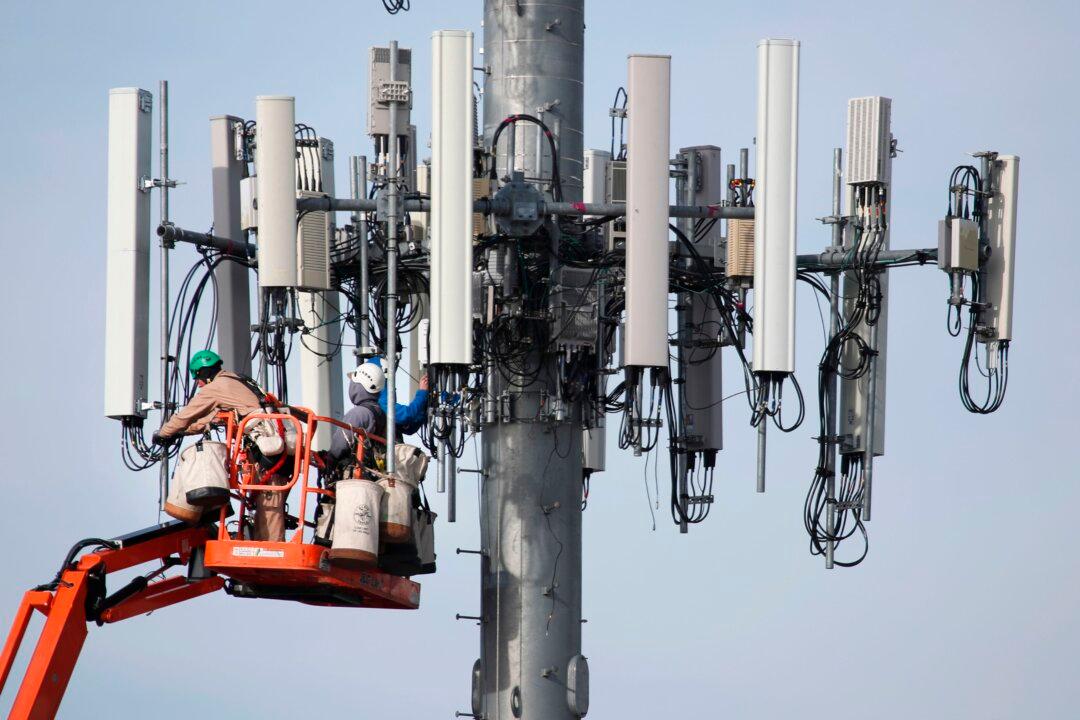Commentary
In 1726, 20-year-old Benjamin Franklin was finally sailing back to Philadelphia after being stranded in London for two years. His hopes for establishing a business enterprise were dashed when the loan he was expecting failed to come through.





